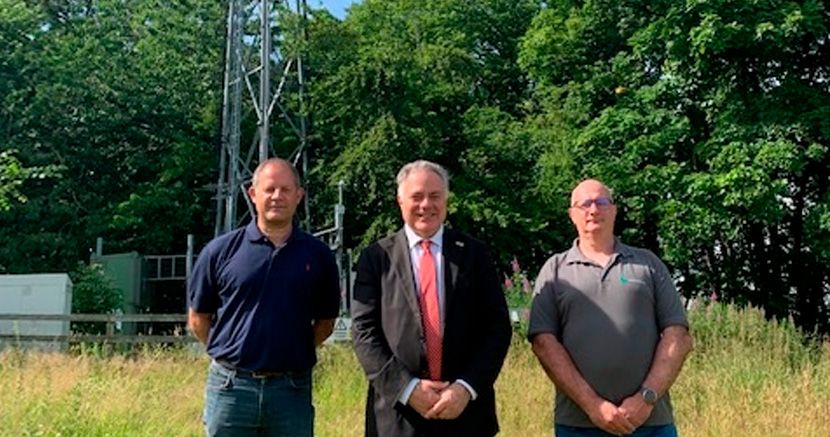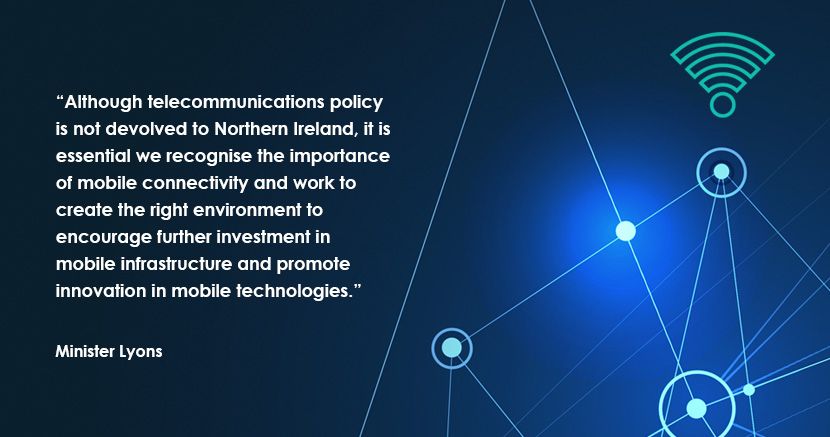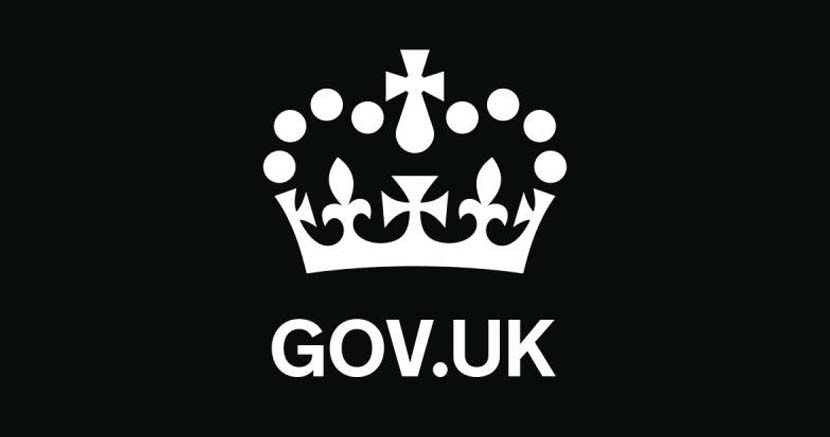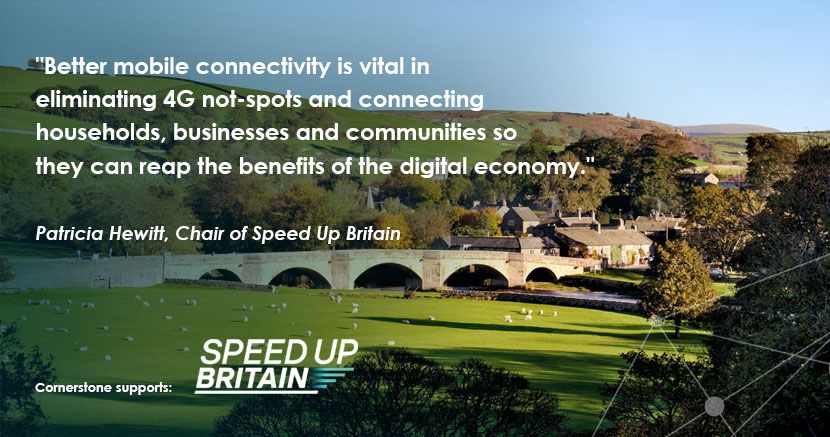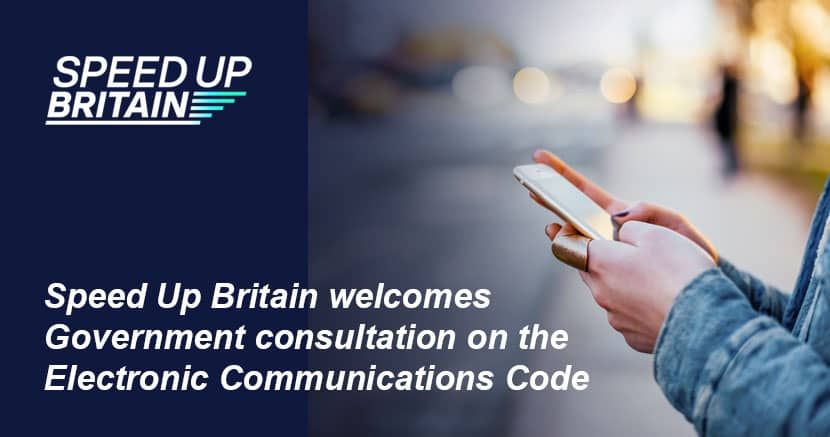First-of-its-kind mobile infrastructure pilot for City of London
EE live in first-of-its-kind mobile infrastructure pilot in City of London with Freshwave
- Virgin Media O2 has also signed up to be part of the pilot and will be going live early in 2023
- First outdoor 4G and 5G small cell network in the UK capable of hosting all four mobile network operators from day one – thanks to bespoke solution and centralised radio access network
- Freshwave is delivering the pilot for concession holders Cornerstone
EE mobile users in the City of London can now enjoy enhanced 4G and 5G coverage along Queen Victoria Street thanks to an innovative connectivity pilot led by Freshwave. Virgin Media O2 (VMO2) has also signed up to the pilot and is expected to go live early in 2023.
In busy areas such as city centres, the number of people using mobile devices can create high demand on the macro site serving that area. Outdoor small cells installed at street level process some of that demand themselves, making them ideal for enhancing mobile connectivity in densely populated areas. 5G technology also means networks must be densified and these are the first 5G outdoor small cells to be installed in the City of London.
Connectivity infrastructure-as-a-service provider Freshwave built new mobile infrastructure in the 10-site pilot to make it shareable and capable of delivering 4G and 5G for all four mobile network operators (MNOs). EE is now live on Freshwave’s neutral host network. A neutral host network is a network sharing infrastructure arrangement facilitated by a third party.
Freshwave designed a bespoke solution for the pilot which means the network can accommodate all four mobile network operators on 4G and 5G from day one with no adjustments to the infrastructure needed – a first for the UK. The solution consists of specially designed wideband antennas, cabinets and columns and large amounts of dark fibre to each cabinet.
This multi-operator outdoor small cell network is the culmination of more than two years of Freshwave’s close collaboration with all four MNOs and other industry partners. The first-of-its-kind network’s shareable infrastructure reduces equipment and infrastructure duplication, making it more cost-effective to deploy, as well as minimising street clutter and the associated disruption during street works.
Shareable infrastructure also reduces the environmental impact, while still bringing street level connectivity for everyone’s benefit. The network uses a centralised radio access network (C-RAN) and by housing multiple pieces of telecoms equipment in accompanying cabinets fewer devices are needed on the street assets themselves. The network uses dark fibre built by wholesale fibre broadband operator Netomnia.
Vodafone will join the pilot in the first quarter of 2023.
Simon Frumkin, Freshwave’s CEO, said: “We’re delighted to have reached this milestone in the pilot of our truly multi-operator neutral host network. Shared digital infrastructure is the logical evolution in telecoms as cities become more connected and smarter. Companies like Freshwave that deploy using the neutral host model help accelerate this connectivity for everyone as the model is more cost-effective, greener and less disruptive. I’m proud Freshwave are doing what’s right by all parties in this area.”
James Hope, Director of Mobile Radio Access Networks at EE, said: “High capacity, super-fast connectivity is essential for consumers and businesses today, with demand for data and low-latency networks continuing to rise. We’re pleased to be the first operator live on this pilot with Freshwave helping to deliver the best possible 4G and 5G services to our City of London customers, even at the busiest times. The project is a further demonstration of how we’re enhancing our networks to help both digitise and deliver economic prosperity to the UK, and we look forward to extending it in the future.”
Paul Broome, VMO2 London & South-East Trial Manager, said: “With the largest outdoor small cell network of any of the major operators, we’re excited to have signed up for this pilot with Freshwave. Adding extra capacity to our existing legacy solution of over 200 small cells in the City of London will provide further benefit to the ever-increasing data demands of its users. Outdoor small cells provide a flexible solution for boosting network connectivity and we’re looking forward to going live on the network very soon.”
City of London Corporation Streets and Walkways Sub-Committee Chairman, Graham Packham, said: “The City is already a global business hub and this mobile connectivity will play an important part in also helping it become a 24/7 visitor destination. We are continually looking for new ways to increase the City’s appeal for businesses, visitors and residents.”
Mobile infrastructure services provider Cornerstone holds the concession with the City Corporation and Freshwave is delivering the pilot through this concession.
Denis Coakley, Cornerstone’s COO, said: “Freshwave is a trusted partner and have made great progress in this pilot, so we’re pleased to welcome the first mobile network operators to the network and pilot with them. We’re excited about the future progress and the benefits it will bring in our long-term partnership with the City of London Corporation.”
Jeremy Chelot, CEO at Netomnia, said: “We’re proud to be working with Freshwave on this pioneering project to improve mobile connectivity in the City. We’re committed to working closely with all our partners on the project to quickly deliver full fibre access with minimal disruption to the local community.”
–Ends-


